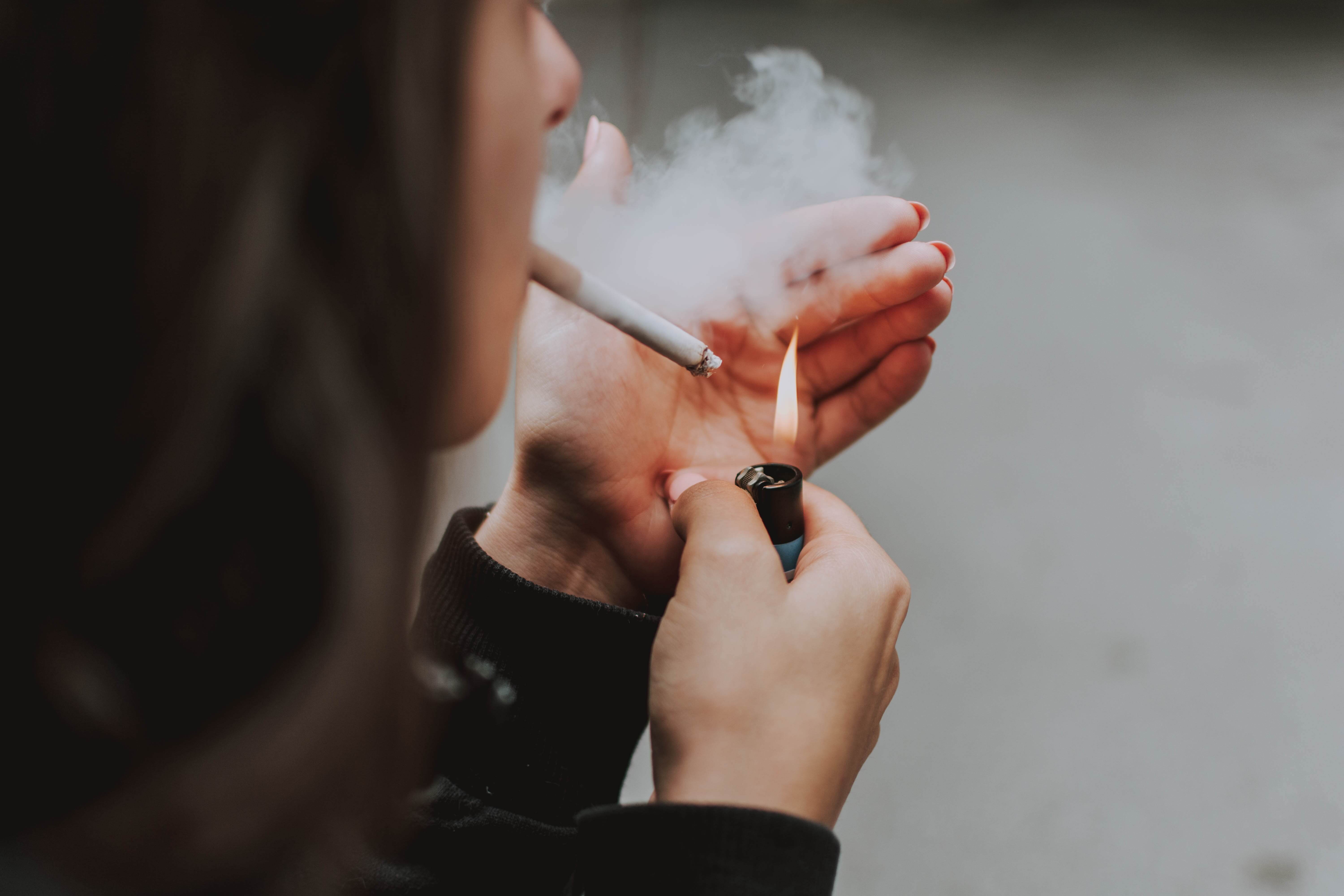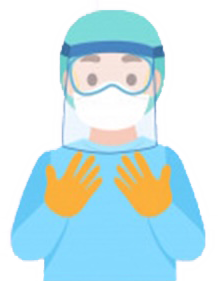If You Have Any of These 13 Habits, Your Teeth Want You To Stop
Posted: April 2, 2020
Last Modified: June 6, 2022

We all have habits that we do on a daily basis. Maybe it’s a cup of coffee in the morning or picking our nails when we feel anxious. Some habits are benign, but others can cause active damage to your teeth and your overall mouth health. If you regularly engage in any one of these 13 common habits, you may want to reconsider whether these are habits worth keeping.
1. Brushing Too Hard
There is such a thing as being too diligent about cleaning your teeth. Brushing twice daily and for at least two minutes each time is a good habit – scrubbing your teeth like you’re trying to scour them isn’t. If your toothbrush is too hard, or if you’ve got a heavy hand when you’re brushing, you could actually irritate your gums and cause damage to your teeth. Stick with a soft-bristled brush, and think of brushing as massaging your teeth, not scrubbing them.
2. Using Your Teeth to Open Things
Sure, popping a bottle cap or ripping open a package with your teeth is a fun party trick, but it’s also a fast track to damaging your teeth. If you use your teeth as a tool, they’ll crack and chip like any other tool. Please, on behalf of dentists everywhere: use your teeth only for eating.
3. Chewing on Ice
It’s crunchy, it’s cool, and it’s sugar-free, so what’s not to like? Unfortunately, chewing on ice can actually crack or chip your teeth. This can expose your tooth’s soft tissue, which in turn can cause temperature sensitivity and regular toothaches.
4. Smoking
The tobacco in cigarettes encourages the development of gum disease, not to mention the growth of cancer in your tongue, lips, or mouth. At the very least, you’ll probably notice your teeth staining over time.
5. Feeding Your Baby Right Before Bed
As soon as they come in, teeth need to be cleaned and protected. Offering your baby a bottle at bedtime might be a good way to get them to relax, but it can also get your baby used to falling asleep with their teeth still coated in milk or formula. Since sugars encourage decay, it’s best to avoid starting this habit in the first place. Your child’s first visit to a dental office should ideally be a relaxing experience – not an emergency trip to deal with a cavity.
6. Snacking on Gummy or Sweet Treats
A treat every now and again isn’t a bad thing, but sticky or gummy candies have a tendency to get stuck in the grooves and crevices of your teeth, exposing the enamel to lots of sugar-fed acid for the rest of the day. If you’re gonna snack, brush your teeth afterward.
7. Frequently Whitening Your Teeth
When you think of good oral health, you might picture a bright, happy, white smile. However, too much whitening can actually be a bad thing. Some whitening products contain chlorine dioxide, which damages the enamel on your teeth. The same goes for whitening toothpaste, which contains special chemicals designed to remove stains. In the short-term, they’re probably fine, but if you’re constantly reaching for whitening strips, talk to your dentist to find a solution that won’t damage your teeth.
8. Playing Without a Mouthguard
Hockey is one of the great Canadian pastimes, but if you’re just playing casually with friends, there’s no need to suit up all the way, right? Wrong. A mouthguard might make it hard to banter, but this thick, molded piece of plastic will protect your teeth from hits or falls. It only takes one flyaway puck to knock out a tooth, so do yourself a favour and take early precautions. You can either buy one off the rack or visit a local dentist’s office for something custom-made.
9. Biting Your Nails
This habit doesn’t just put your teeth at risk of chipping from repeated use. It can also impact the position and function of your jaw. Nail-biting is a common habit for many people (20-30% of the population, in fact), so if you do it, you’re not alone. Try painting your nails with bitter-tasting nail polish, or work to develop a different way of keeping your hands busy when you’re nervous.
10. Grinding Your Teeth at Night
This can be a hard habit to catch, especially if you don’t realize that you’re doing it in the first place. Nighttime teeth grinding can be brought on by stress, and your only evidence of it may be a sore jaw or the report of a sleep-deprived partner in the morning. Over time, it can wear down your teeth prematurely. If you’re grinding your teeth, invest in a nighttime mouth guard and actively pay attention to how you’re holding your jaw during the day. As with sports mouthguards, there are off-the-rack options, but a trip to a dental office can open the door to mouthguards that also help align your teeth at the same time.
11. Chewing on Pens or Pencils
Sure, chewing might help you concentrate, but your mangled pens and pencils will put your teeth through unnecessary wear and tear. Instead, try chewing sugarless gum. You’ll still get satisfaction from chewing, but without risking chips or cracks.
12. Sucking on Cough Drops
If you’ve got a sore throat, cough drops can make life a lot easier. However, like any other type of sweet lozenge, they contain sugar. If you’re eating cough drops during the day without brushing your teeth afterward, you’re cultivating cavities.
13. Drinking Pop or Other Soft Drinks
You’ve already heard how much sugar pop has in it, so you probably already know where this is going. A single can contains 39 grams of sugar, which is one gram more than what the American Heart Association recommends for a full day’s consumption. The sugar and acids in pop actively eat away at your tooth enamel, and even diet or sugar-free drinks aren’t safe since they’re still equally acidic.
But, we hear you say, what if you only have one pop a day and you just make it last? This is one of the worst things you can do for your teeth! Consuming a pop slowly, bit by bit, exposes your teeth longer than if you drank the pop all at once, and ultimately does more damage. Your best bet is to stay away from pop altogether.
If you’d like more information on good oral hygiene, or you’d like to arrange for a checkup at our dental office, you can call our front desk at (705) 721-1143 or send us a message online.


